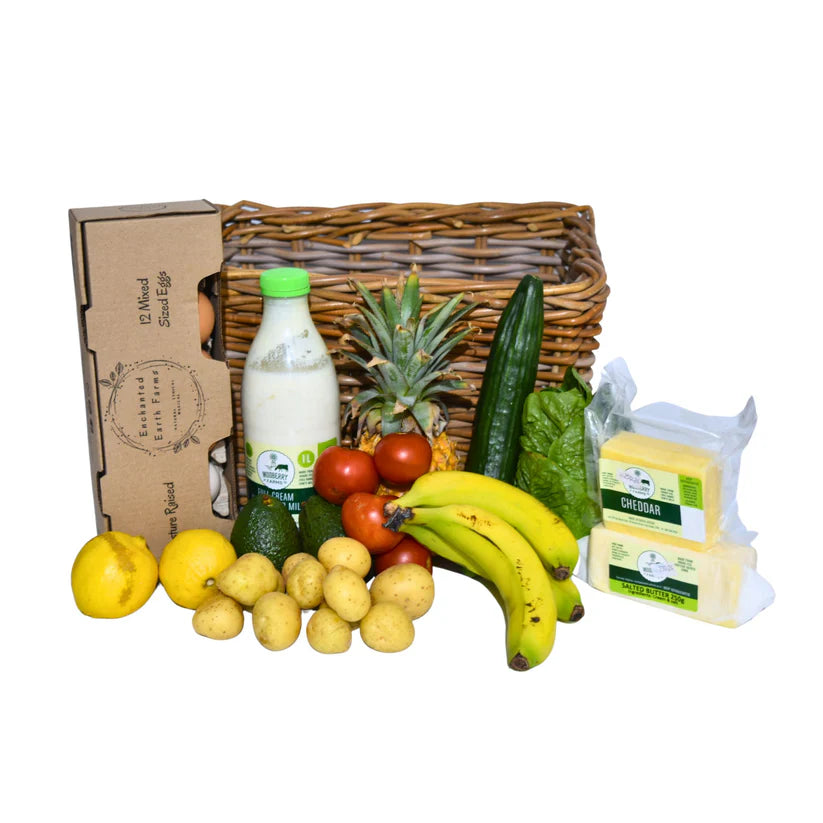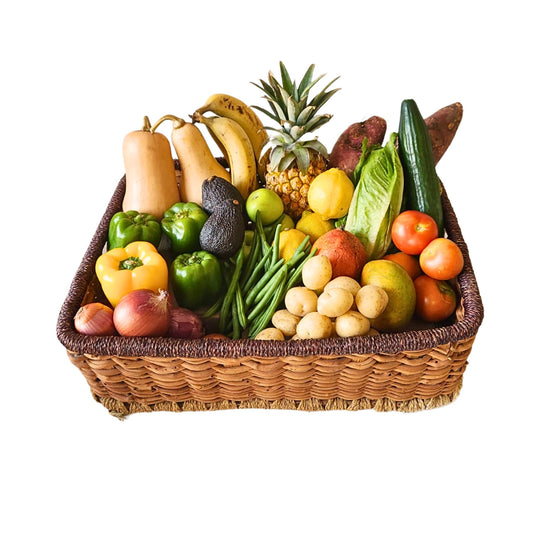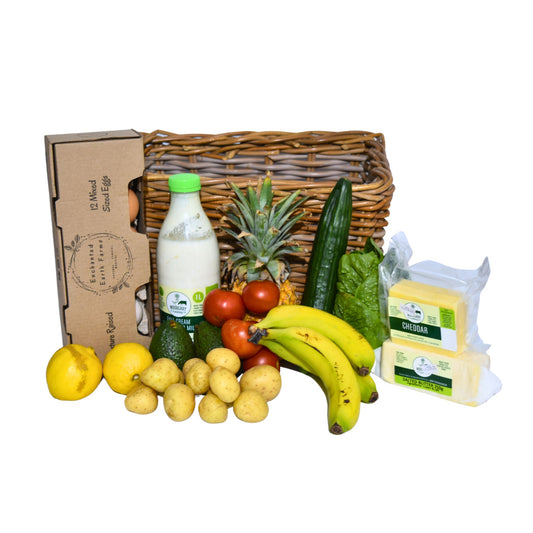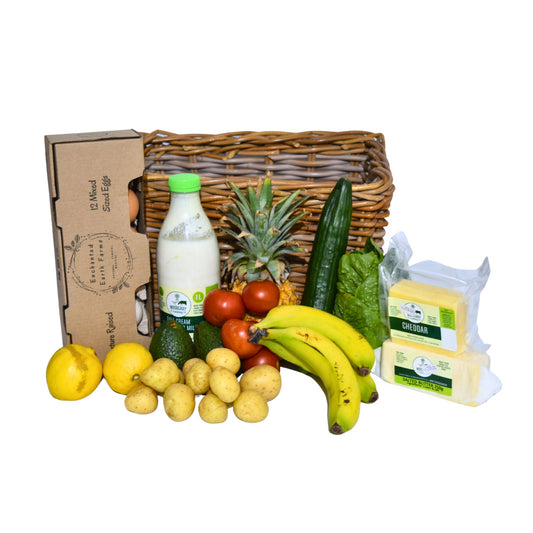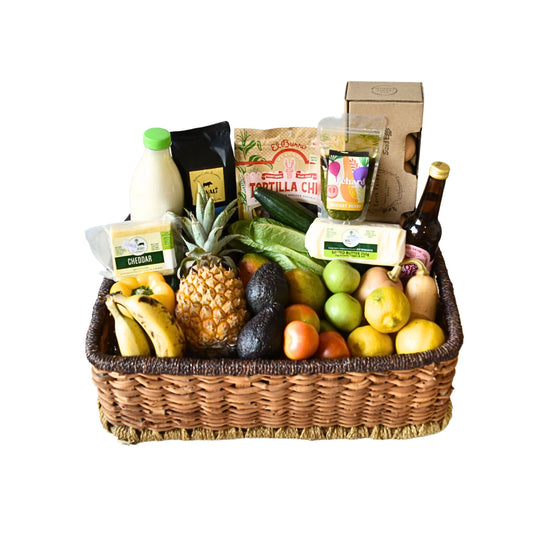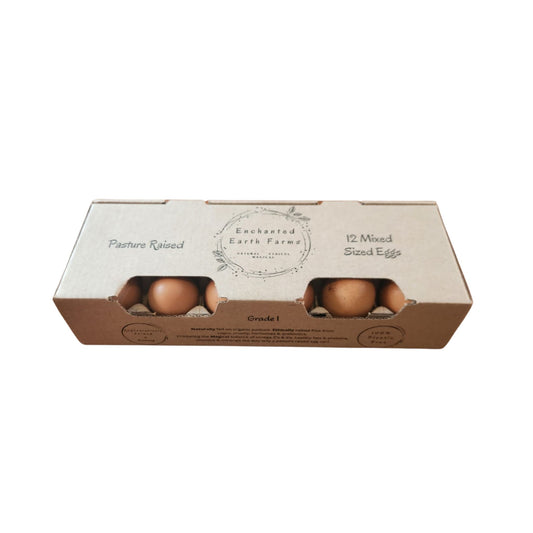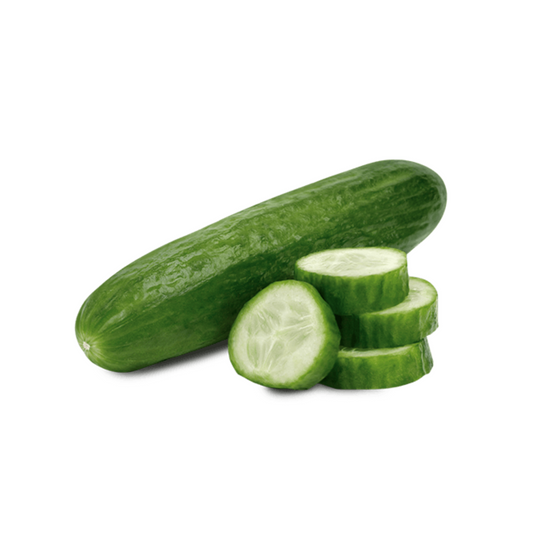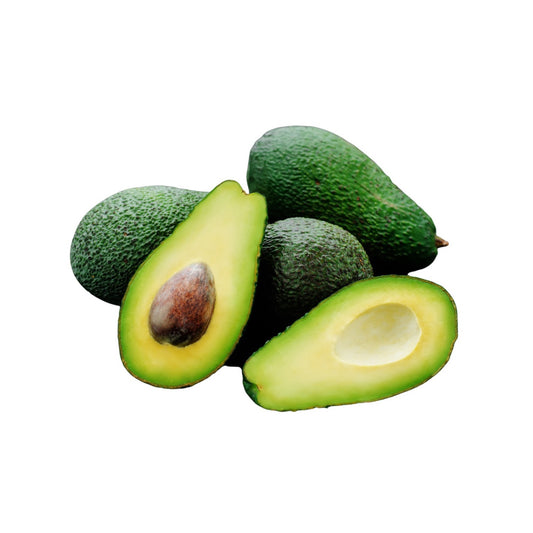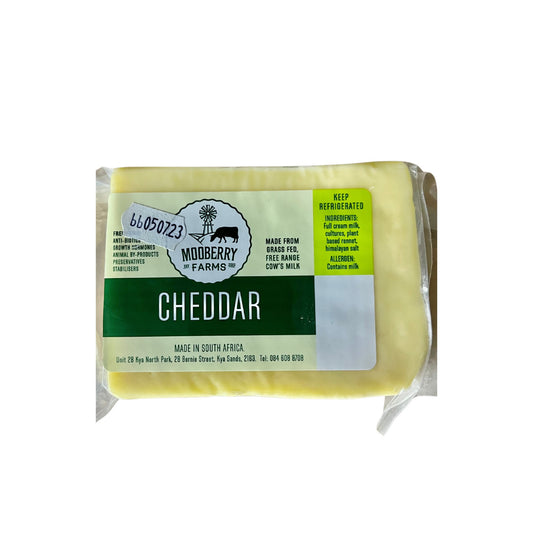Article Summary:
-
Reducing food waste starts with mindful cooking and smart storage.
-
Organic eating encourages using the whole ingredient—roots, stems, and all.
-
Small kitchen habits make a big difference for your health and the planet.
Sustainability begins in your kitchen
Every apple core, wilted spinach leaf, or forgotten carrot at the back of the fridge adds up. Globally, a third of all food produced goes to waste—while millions still face hunger. The good news? We can change that, one kitchen at a time. Organic cooking naturally encourages respect for ingredients—from how they’re grown to how they’re used. By cooking more consciously, you not only reduce waste but also honour the time, soil, and care that went into growing your food.
Shop with purpose
The first step to reducing food waste is mindful shopping. Plan meals for the week, make a list, and stick to it. Organic produce tends to be fresher and more perishable, so buy smaller quantities more often rather than stocking up. Orchard Food’s weekly grocery boxes make this easy—they’re portioned for real households, filled with seasonal items that you can actually use within the week.
Store smart
Organic produce doesn’t come coated in wax or preservatives, meaning it needs proper storage. Store greens with a damp cloth, keep roots in a cool pantry, and refrigerate fruits that ripen quickly. Reusable beeswax wraps and glass containers can help keep cut produce fresh for longer. Storing food correctly not only reduces waste—it saves money and preserves nutrients.
Cook creatively
Organic cooking celebrates the whole ingredient. Carrot tops make excellent pesto, beet greens sauté beautifully, and broccoli stems can be grated into slaws. Even vegetable scraps can be simmered into homemade stock. By learning to cook with what’s on hand—and what might otherwise be tossed—you’ll find your creativity (and your appreciation for food) grows.
Embrace leftovers
Leftovers aren’t boring—they’re a blank canvas. Roast vegetables from last night can become soup or salad toppings. Stale bread transforms into croutons, and cooked grains turn into hearty bowls. Keep a “use it up” section in your fridge to remind yourself what needs attention. Compost what can’t be saved—organic waste still has value when returned to the soil.
Support a circular system
When food waste happens, composting closes the loop. Organic matter breaks down into nutrient-rich soil that feeds new crops—completing the cycle. Many of Orchard Food’s partner farms use composting as part of their regenerative farming systems. At home, even a small countertop compost bin helps reduce landfill waste and honours the natural balance of give and take.
Waste less, live more consciously
Reducing food waste isn’t just about saving money or cleaning your fridge—it’s about building respect for your food and the environment that provides it. Organic cooking encourages intention: eating seasonally, storing wisely, and using every part of what nature offers. At Orchard Food, we’re proud to support a community that values food for what it is—a gift. When you waste less, you live more meaningfully, nourish more deeply, and take part in a system that gives back.


